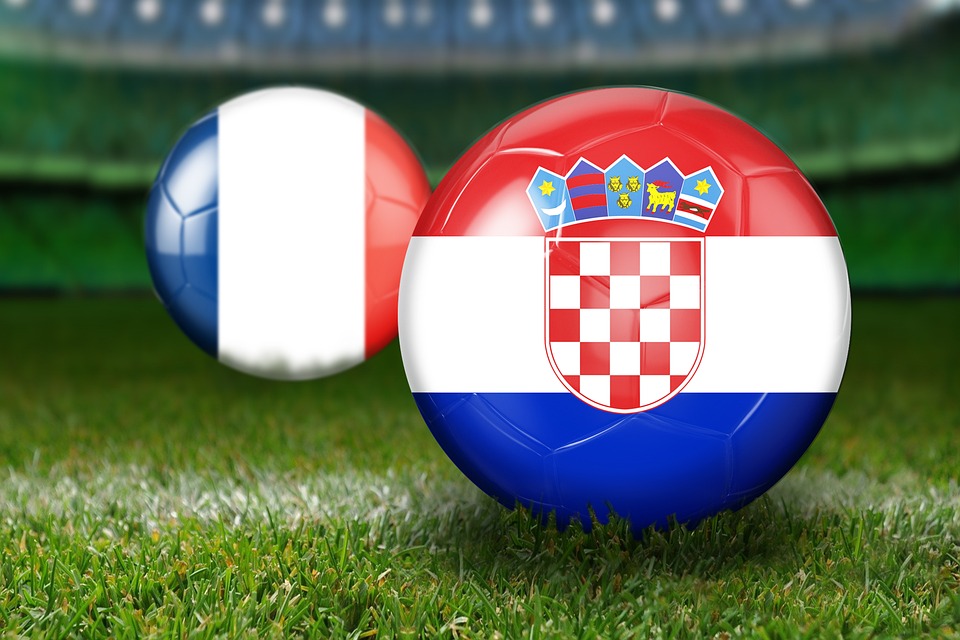Soccer, known globally as football, has transcended borders, becoming a universal language that inspires millions. The future of the sport hinges on nurturing young talent, and FIFA (Fédération Internationale de Football Association) is at the forefront of this endeavor through innovative programs aimed at youth development. In this article, we explore how FIFA’s initiatives are shaping the future of soccer and contributing to the sport’s long-term health and inclusivity.
The Importance of Youth Development in Soccer
Youth development is the backbone of any successful soccer program. Engaging children in the sport at an early age fosters not only athletic skills but also critical life lessons such as teamwork, discipline, and resilience. A strong youth foundation can improve a nation’s performance on the international stage while promoting the game at grassroots levels.
However, success requires more than just participation; it demands structured programs that provide skills, knowledge, and opportunities for young players. This is where FIFA’s comprehensive approach comes into play.
FIFA’s Commitment to Youth Development
1. Grassroots Programs
FIFA has initiated various grassroots programs that focus on giving children access to the sport, regardless of their background. The FIFA Grassroots Program serves as a platform to introduce basic soccer skills and foster a love for the game. By partnering with local organizations, FIFA ensures that young players, especially those from underprivileged backgrounds, can engage in soccer activities.
2. Coaching Education
The effectiveness of youth development is significantly influenced by the quality of coaching. FIFA has established the FIFA Coaching Education program, which focuses on training coaches on the best practices for nurturing young talent. By implementing standardized coaching certifications and resources, FIFA ensures that coaches are equipped with the skills needed to cultivate not only players’ techniques but also their holistic development, emphasizing sportsmanship and mental well-being.
3. Player Development Pathways
FIFA promotes structured player development pathways that guide young athletes from grassroots participation to professional aspirations. These pathways include mentorship programs, where experienced players share their journeys and provide guidance to emerging talents. The emphasis on mental resilience and life skills is also integral to these programs, preparing young players for the challenges they might face both on and off the field.
4. FIFA Forward Program
The FIFA Forward Program allocates financial resources to member associations, specifically targeting youth development initiatives. This funding supports infrastructure projects, training facilities, and youth competitions. By investing in local soccer communities, FIFA ensures that nations can cultivate a new generation of skilled athletes and foster a vibrant soccer culture.
Global Competitions and Events
FIFA’s commitment extends to organizing global competitions such as the FIFA U-17 and U-20 World Cups. These events not only showcase young talent but also offer invaluable experience and exposure to the international stage. They serve as a launching pad for future stars, allowing players to compete against their peers from different countries, thus promoting a spirit of camaraderie and learning across cultures.
Impact on Women’s Soccer
FIFA is equally devoted to advancing women’s soccer, recognizing the importance of inclusivity and equity in sports. Initiatives such as the FIFA Women’s Football Development Programme are designed to increase participation among young girls. The success of the Women’s World Cup has inspired a new generation of female athletes, and FIFA is committed to providing the necessary resources to sustain and grow this momentum.
The Road Ahead
The challenges faced in youth development, such as access to facilities, coaching quality, and socioeconomic barriers, require ongoing efforts and collaboration. As FIFA continues to innovate and enhance its programs, the focus will remain on creating sustainable pathways that enable every child, regardless of background, to experience the joy of soccer.
In conclusion, FIFA’s youth development programs are instrumental in shaping the future of soccer. By investing in grassroots initiatives, enhancing coaching education, and supporting local communities worldwide, FIFA ensures that the sport continues to thrive for generations to come. As countries develop their young players, the hopes for a more competitive and inclusive global soccer landscape grow brighter, promising an exciting future for the beautiful game.

